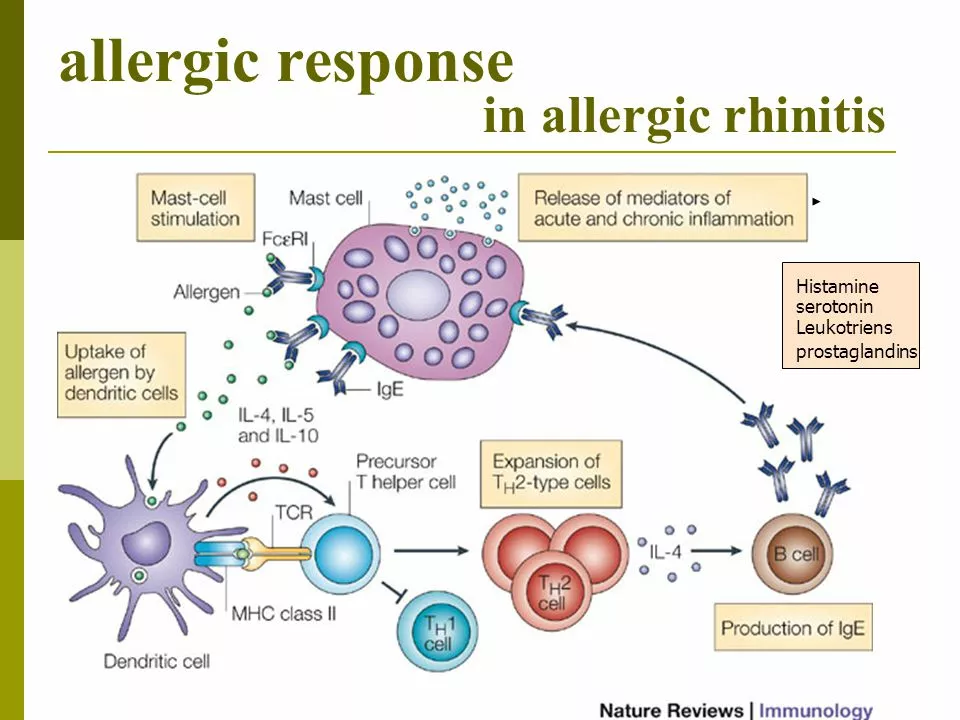Immunology Made Simple: Medications, Supplements, and Safe Pharmacy Tips
Interested in how medications and supplements can boost your immune system? Whether you're dealing with cancer treatments or just want to support your body's defenses naturally, you've come to the right place. We'll cover easy-to-understand details about key drugs like Arimidex for breast cancer, herbal boosters like Septilin, and even where to find medications safely online.
Cancer and Immunology: What You Should Know
Take Arimidex, for example. It's a hormone therapy drug used mainly in breast cancer that works by lowering estrogen levels to slow tumor growth. If you've heard of it but wondered what to expect, we break down the side effects and why doctors recommend it. Another drug, Hydrea, is showing promise beyond sickle cell disease, helping in cancer and skin treatments, which opens interesting doors in immunotherapy approaches.
Boosting Immunity Naturally and Buying Medicines Safely
Not ready for prescription meds? Herbal supplements like Septilin have gained popularity as natural immunity boosters. Made from herbs backed by some solid research, it helps your body fight off infections without causing drowsiness or other harsh effects. On the flip side, getting your medications online safely can feel tricky. Trusted resources like CanadianMedCenter and InternationalDrugMart offer secure ways to order, with tips shared to help you avoid scams.
Understanding your options and how your immune system interacts with these treatments can save confusion and even health risks. From knowing the genetics behind relapsing-remitting diseases to exploring affordable inhaler alternatives, staying informed is your best defense.
Ready to learn more? Keep exploring, ask questions, and empower yourself with practical information that helps you manage your immune health effectively.
The Role of Hormones in Allergic Disorders
- Keith Ashcroft
- |
- |
- 12
As a blogger, I've been doing some research on the role of hormones in allergic disorders. I've discovered that hormones play a significant role in the development and regulation of allergies. They can affect the immune system's response to allergens, either increasing or decreasing the severity of allergic reactions. Additionally, hormonal fluctuations in the body, such as those during pregnancy or menstrual cycles, can lead to changes in allergy symptoms. Overall, understanding the connection between hormones and allergies may help us develop more effective treatments for various allergic disorders.
View more
